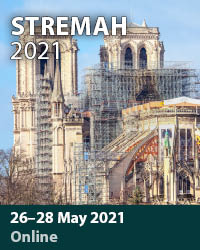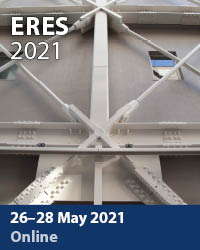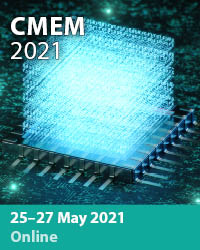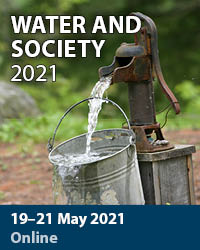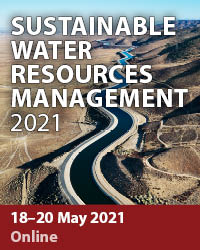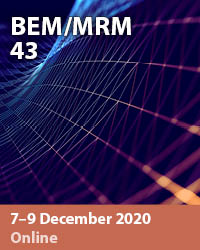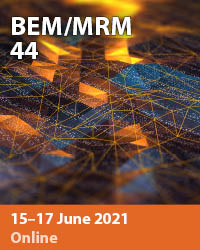
44th International Conference on Boundary Elements and other Mesh Reduction Methods
15–17 June 2021
Online
Introduction
The annual conference on Boundary Elements and other Mesh Reduction Methods (BEM/MRM), now in its 44th version, is to take place in Valencia, Spain.
Since starting in 1978, the Conference has attracted high-quality papers that report further advances in techniques that reduce or eliminate the type of meshes associated with finite elements or finite differences, for instance.
Theoretical developments and new formulations have been reported, helping to expand the range of applications as well as the type of modelled materials in response to the requirements of contemporary industrial and professional environments. This ability to evolve is reflected in the history of the Conference and has ensured the success of the meetings as well as the establishment of a community of stakeholders.
As design, analysis and manufacture become more integrated, the chances are that software users will be less aware of the capabilities of the analytical techniques that are at the core of the process. This reinforces the need to retain expertise in certain specialised areas of numerical methods, such as BEM/MRM, to ensure that all new tools perform satisfactorily within the aforementioned integrated process.
The maturity of BEM since 1978 has resulted in a substantial number of industrial applications of the method; this demonstrates its accuracy, robustness and ease of use. The range of applications still needs to be widened, taking into account the potentialities of the Mesh Reduction techniques in general.
This well-established conference acts as a forum to discuss new ideas and critically compare results before the developed solutions and tools are released to end-users.
The meeting welcomes all stakeholders interested in the methods and particularly the participation of young researchers. Their new contributions have been the principal reason why the conference has continued to evolve.
The meetings since 1978 have produced a collection of edited volumes in which the major developments in the field have been represented. This valuable series has been offered in digital form since 1993, with all papers available Open Access in the Wessex Institute’s eLibrary website (www.witpress.com/elibrary), where they can be easily accessed and downloaded for free.
Conference Topics
The following list covers some of the topics that can be presented at BEM/MRM 44. Papers on other subjects related to the objectives of the conference are also welcome.
- Advanced formulations
- Fast multipole BEM
- Advanced meshless and mesh reduction methods
- Hybrid formulations
- Interfacing with other methods
- Computational methods
- Solution of large systems of equations
- H-matrices and wavelets
- Multiscale problems
- Stochastic modelling
- Other numerical techniques not necessarily meshless
- Solid mechanics
- Heat and mass transfer
- Fluid flow modelling
- Damage mechanics and fracture
- Dynamics and vibrations
- Wave propagation phenomena
- Particle-particle interaction methods
- Engineering and industrial applications
- Structural mechanics applications
- Electrical engineering and electromagnetics
- Applications in biomedical engineering
- Design optimisation and inverse problems
- Coupling with design and manufacturing
- Computer science issues related to any of the above topics
- Characterisation based on simulation and experimental data
- Case Studies
